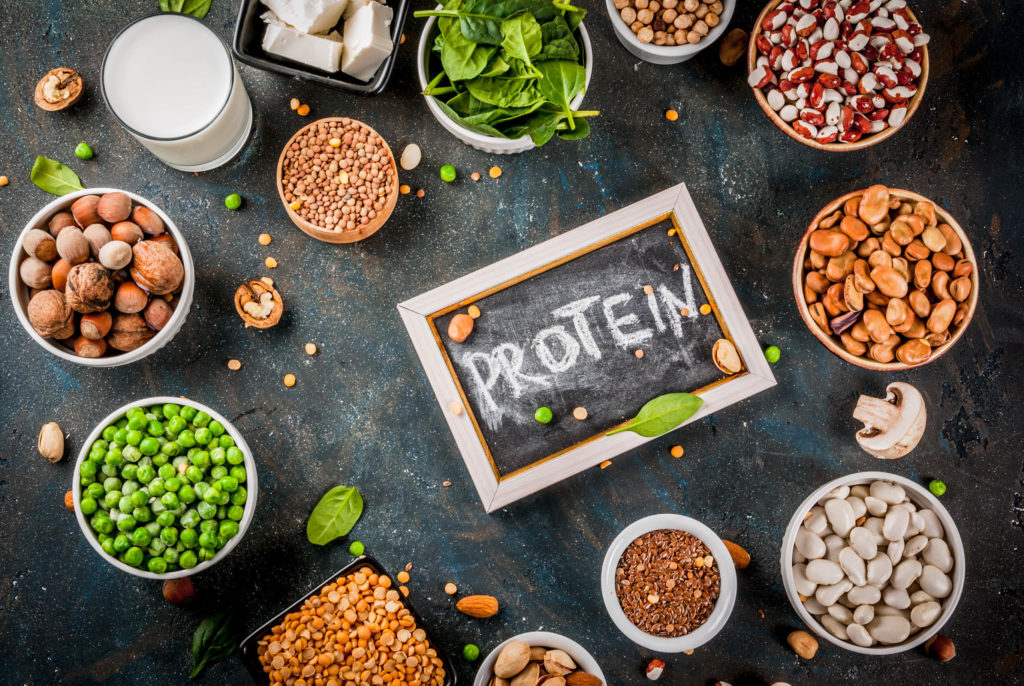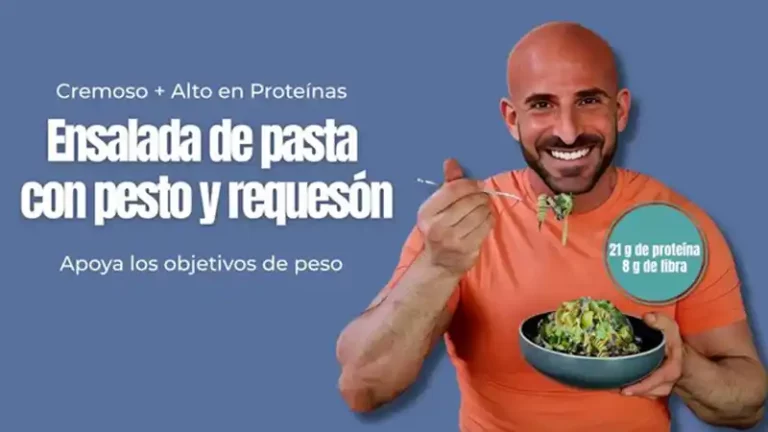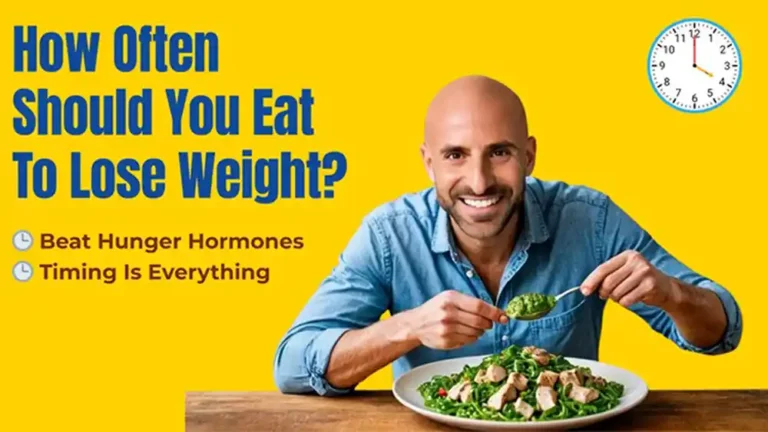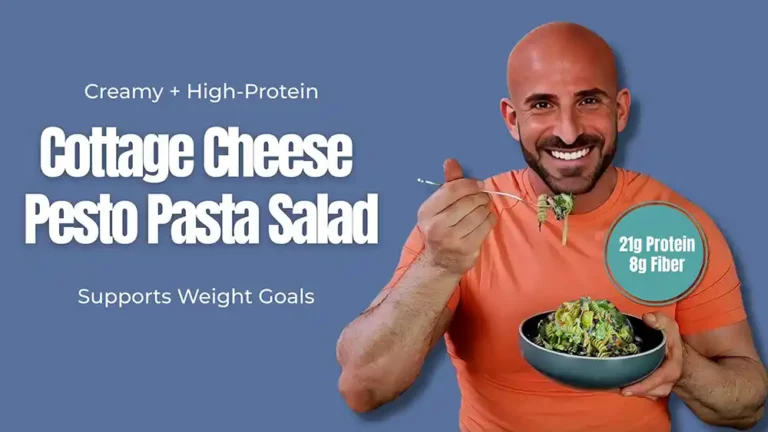One of the challenges of eating a vegetarian or vegan diet is definitely getting in enough protein. Though the debate about plant-based protein vs. animal protein is one that’s still going strong, you can’t argue with science. The fact is, animal proteins have all of the essential amino acids the body needs not only for muscle and metabolism purposes, but for other body processes like maintaining healthy hair or making antibodies to keep the immune system strong. One can find protein in plant foods, but most of them don’t have all of the amino acids needed to keep the body functioning optimally. So what are some good plant sources of protein? What happens to your body if you stop eating animal proteins? And what’s the best way to maintain health without animal protein?
When you switch to a diet that eliminates animal protein, a few things happen. If you are not mindful to eat enough plant sources of protein, you may find yourself feeling hungrier more often. This is because protein promotes satiety, meaning that you stay feeling fuller for longer. Animal protein provides more grams of protein per serving, meaning that you only need a little bit to feel satiated, whereas with plant protein you’ll have to eat more. For perspective, just a palm-sized portion of salmon has 20 grams of protein. You’d need to eat 2 ½ cups of quinoa to get the same amount of protein, which would be more difficult to do. Finally, the amino acids from plant proteins are absorbed poorly in the gut when compared to animal proteins, with only about 70% of amino acids being absorbed from plants versus 98-100% from animal proteins. That’s why it’s important to find the right sources of plant protein (more on that later). If you aren’t careful about the sources of plant sources you choose, you could end up eating way more calories than you should just to get enough protein in and this can quickly lead to unwanted weight gain.
Some sources of efficient plant protein include:
- 200 grams (½ block) tofu – 20 grams
- 1 cup cooked beans or lentils – 15 grams
- 2 cups green peas – 20 grams
- 2 cups oats – 14 grams
- 2 cups wild rice – 15 grams
- 4 tablespoons nut butter – 16 grams
When including protein in your meals and snacks, plant or animal, you want to be sure you have at least 15-20 grams included to get the benefits for hunger control and maintaining muscle mass which is important for keeping a healthy metabolism. If you struggle with including protein in your meals or find you cannot eat that much food, a vegan protein supplement on the side of your meals or between meals as a snack would be helpful. Finally, plant proteins, with the exception of soy, do not have all of the essential amino acids the body needs to function. So, complimenting proteins such as legumes and grains in the same day (not the same meal as most believe) will be crucial to maintain health.
It is absolutely possible to sustain health without animal proteins, but you have to be careful and even consider taking a few supplements to protect yourself against deficiencies. Not only does cutting out animal protein put you at risk for developing iron, B-12, calcium, Vitamin D and zinc deficiencies, but it can also cause a protein deficiency. The consequences of a protein deficiency include hair loss, muscle loss, increase risk of bone fractures, lower immune system and low energy.
The bottom line? If you are on a plant-based diet and including at least 15-20 grams of protein, either from animals or plants, in your three main meals and two snacks then you are likely getting enough protein. However, keep in mind that plant protein alone does not contain all of the essential amino acids the body needs to keep its processes going, so you have to be mindful of what time and when you are eating certain plant proteins. Finally, you do want to meet your protein goal, but if you are striving for weight loss, keep in mind that you may end up overconsuming calories if you do not plan your meals efficiently. No matter what diet you choose, getting in enough protein and essential amino acids is vital to maintain health.






